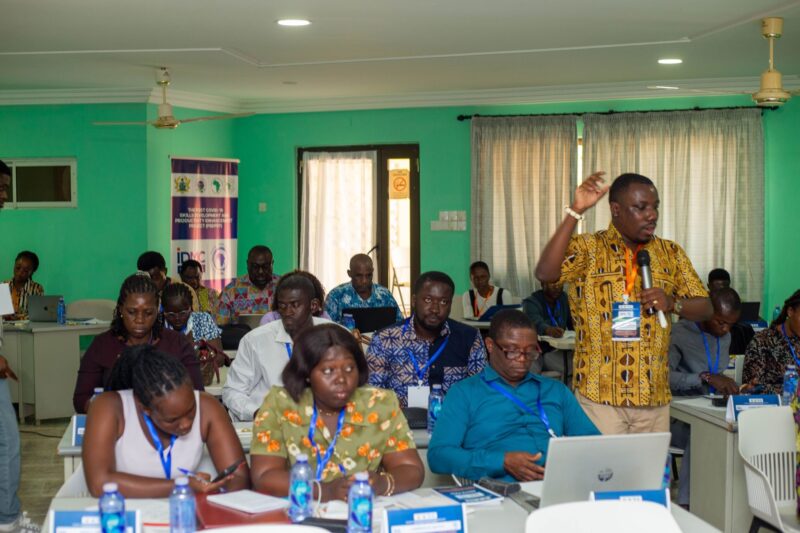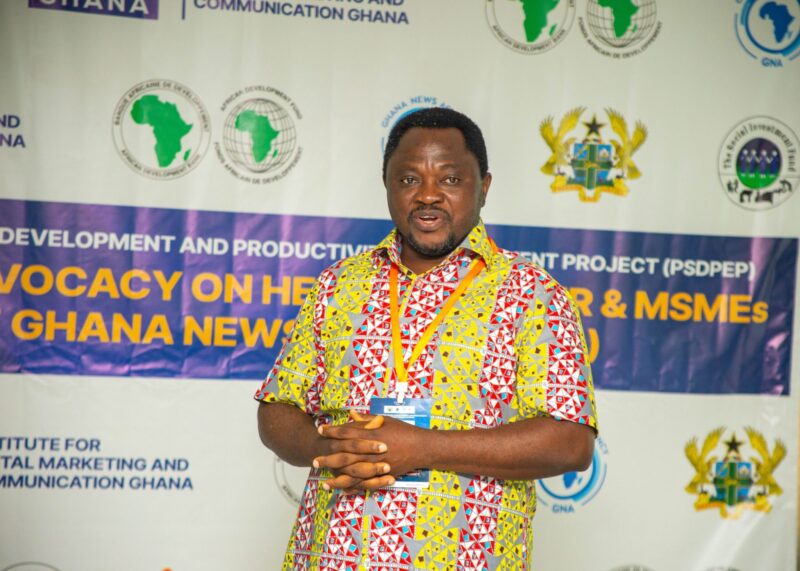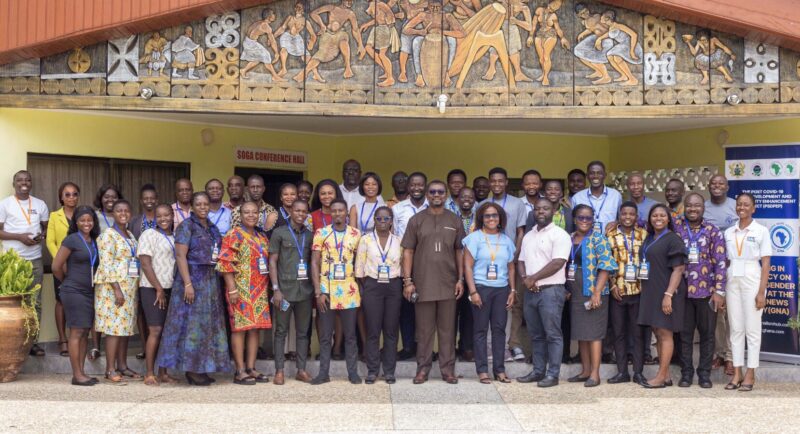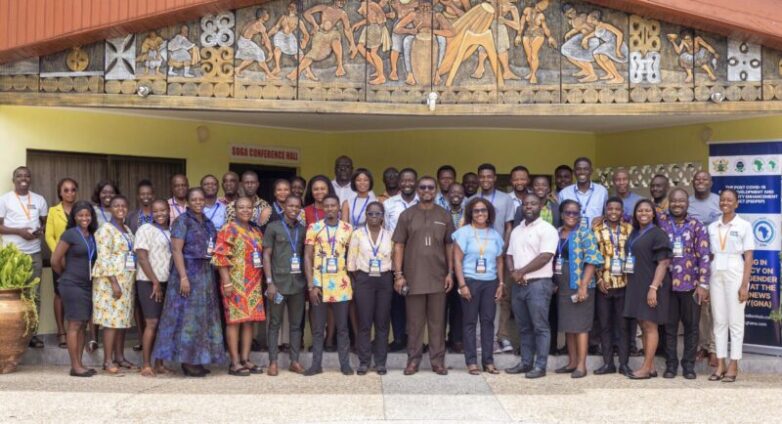A public health epidemiologist, Dr. Nii Hanson-Nortey, has stated the vital role of journalists in tackling misinformation and disinformation during health crises.
In the wake of recurrent global health crises, he said the media had evolved into an effective tool for shaping public perceptions and behaviours, sometimes with life-changing implications.
Dr. Hanson-Nortey was speaking on Health Communication and Infectious Diseases during a virtual presentation, as part of a four-day skills development training for journalists and editors of the Ghana News Agency (GNA) at Sogakope, Volta Region.
The training was facilitated by the Institute for Digital Marketing and Communication Ghana (IDMC-Ghana) and formed part of the Post-COVID-19 Skills Development and Productivity Enhancement Project (PSDPEP), being sponsored by the African Development Bank.

It would promote effective communication on issues of health, infectious disease, Micro, Small and Medium Enterprises, gender, digital storytelling and climate change.
Dr. Hanson-Nortey stated that the propagation of disinformation during infectious disease outbreaks not only aggravated public health issues, but also caused widespread panic.
He contended that, while the media could provide essential information, it could also serve as a conduit for misinformation.
According to Dr. Hanson-Nortey, disease outbreaks are more than just a public health problem; they are also “information crises.”
He said the stakes were now higher since epidemics could spread both physically and digitally, with print, posts, and videos frequently going ‘viral’ faster than the infection itself.

Dr Hanson-Nortey said the media had the onus to disseminate accurate, clear, and responsible information.
“Journalists have at times both built and undermined public trust, serving as both a constructive source of scientific facts and as a destructive source of rumour that tends to amplify panic,” he said.
Dr Hanson-Nortey observed that, given the potentially damaging implications of poor epidemic reporting, “journalism has a responsibility to contribute to enhanced public knowledge during times of pervasive fear.”
He noted that disinformation might have an impact not only on the general public, but also on health professionals, policymakers, and doctors, whose actions were sometimes influenced by the wave of popular opinion generated by media coverage.

He added that clear professional guidelines based on journalistic and healthcare ethics, as well as educational resources for reporters covering epidemics, were needed.
Mr. Charles Yao Mawusi, a consultant, urged journalists to use advocacy strategies to influence public opinion, create policy change, and address issues of inequality.
They must advocate for truth, public well-being, and social justice rather than simply reporting the news.
Latest Stories
-
German-based Kanzlsperger makes medical donation to WAFA
44 mins -
It could take over 100 years for Ghana and other African countries to become ‘developed’ – Report
46 mins -
AEC 2024 renews momentum to lift Africa out of poverty despite global shocks
1 hour -
Can RFK Jr make America’s diet healthy again?
1 hour -
Maiden Women in Chemical Sciences conference opens with a call for empowerment
4 hours -
We’ll reclaim all Groupe Nduom stolen assets – Nduom declares
4 hours -
Center for Learning and Childhood Development Director Dr Kwame Sakyi honoured at Ghana Philanthropy Awards
13 hours -
Asantehene receives 28 looted artefacts
13 hours -
CAF WCL 2024: Ghana’s Thelma Baffour wins title with TP Mazembe
14 hours -
Benjamin Boakye slams politicisation of energy sector issues and ECG’s inefficiencies
14 hours -
Erastus Asare Donkor and Dr Neta Parsram win big at 10th Mining Industry Awards
15 hours -
Government is “suppressing information” about power sector challenges – IES Director
15 hours -
Majority of our debts caused by forex shortfall – ECG Boss
15 hours -
Pan-African Savings and Loans supports Ghana Blind Union with boreholes
16 hours -
Bole-Bamboi MP Yussif Sulemana donates to artisans and Bole SHS
16 hours

